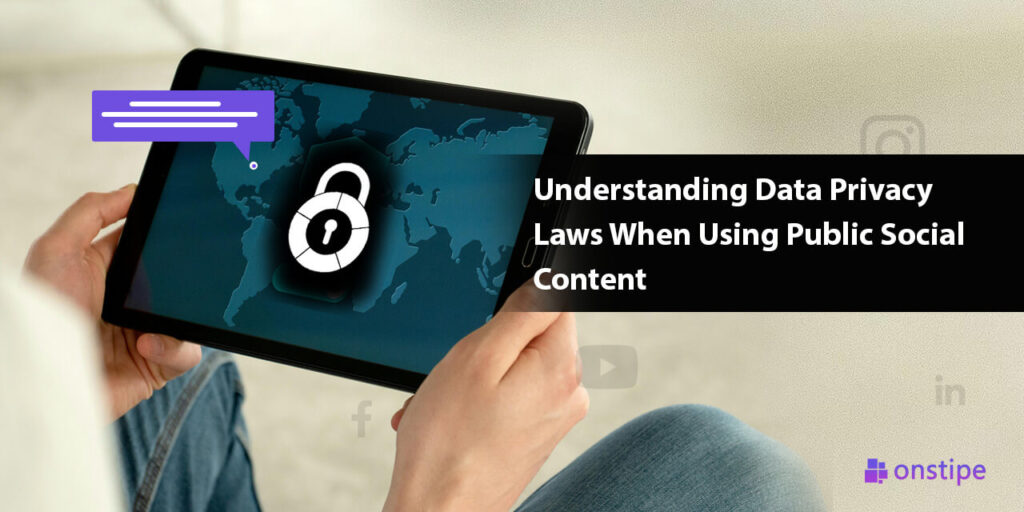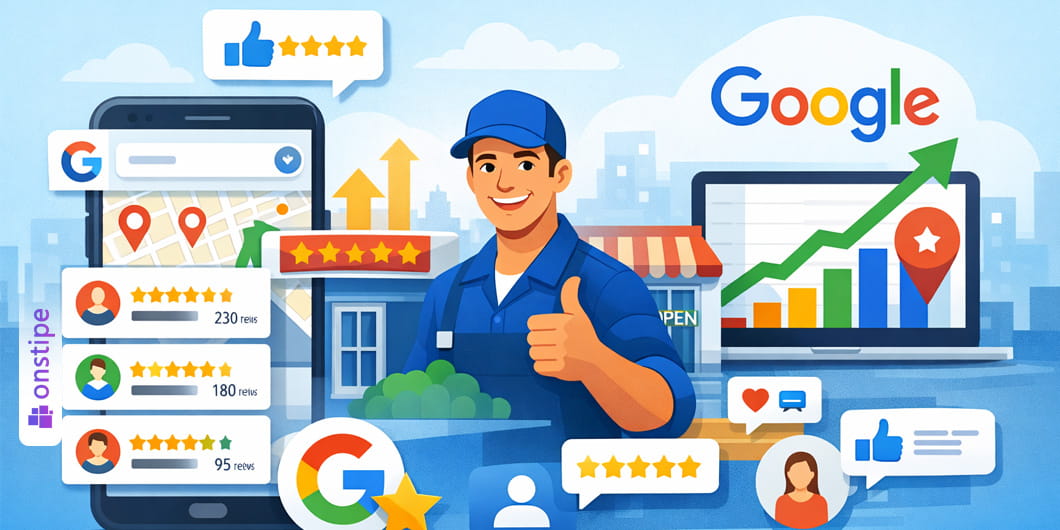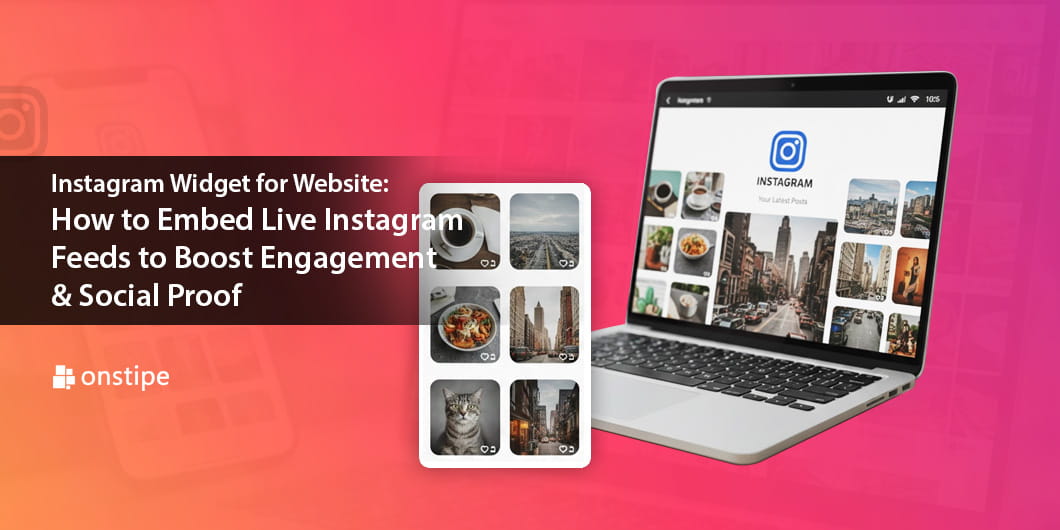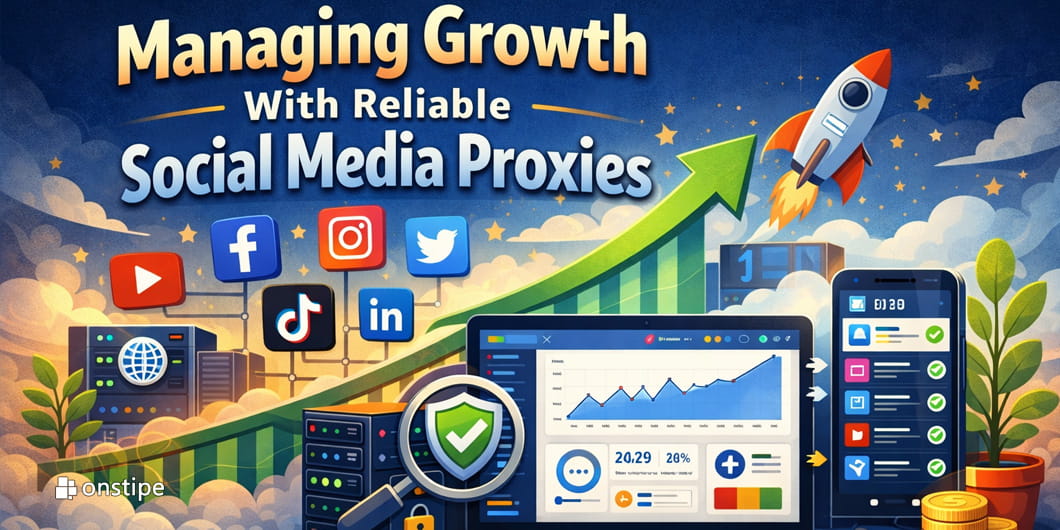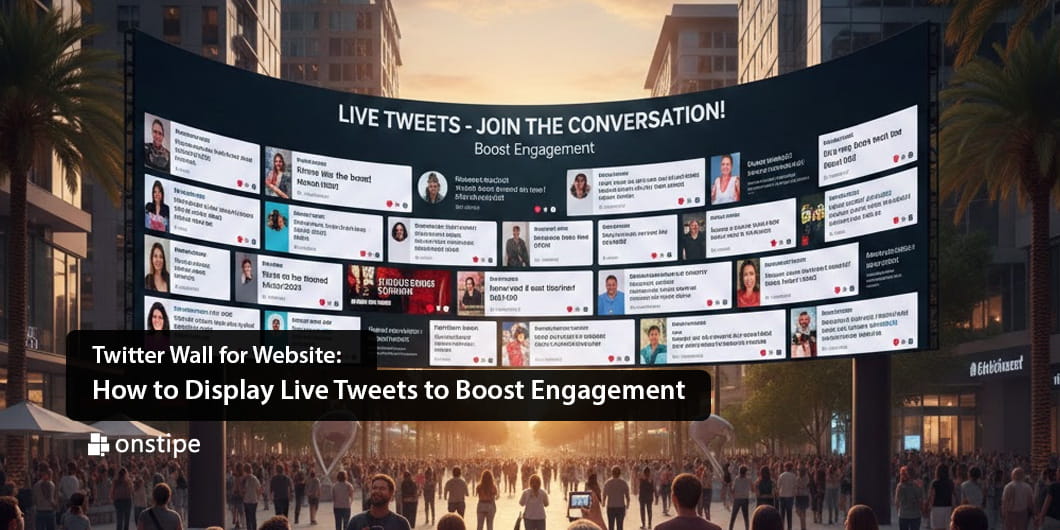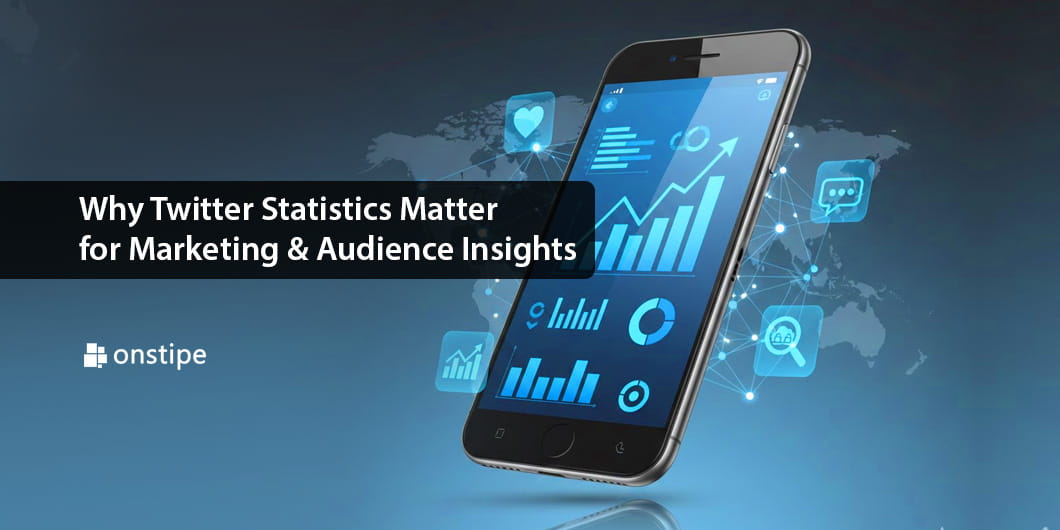Plenty of people shout their thoughts out on the Internet–and many of them end up being witty, clever, and let’s face it, sticky. However, that doesn’t mean that you’re allowed to simply screen grab them, slap your logo on them, and call it your content. A viral Tweet? A hysterical Instagram reel? Sure, they may be public, but they’re not free pickings. Ultimately, using social media without proper permission can lead to more than some angry voices slipping into your DMs. This misstep could cost you your reputation, impact your finances, and land you in court.
We understand that user-generated content (USG) is a highly valuable commodity. But USG does come with restrictions, rules, and opportunities for mishandling. Respecting privacy and obtaining consent when using USG is necessary–ethically and legally. Plus, with privacy laws tightening across the globe, the excuse of “but it was public!” doesn’t carry much water when held up in front of a regulator or a legally savvy user.
As AI for lawyers continues to evolve, legal professionals can leverage AI tools to streamline the process of understanding and navigating complex data privacy laws. These tools can assist in ensuring compliance, managing consent, and mitigating risks when using public social content, helping legal teams stay ahead in an ever-changing landscape.
In this article, we’ll guide you through the maze of data privacy laws and social content usage–from California’s CCPA to Europe’s strict GDPR. We’ll cover how to know when you need consent, what that should look like, and how your business structure can play into upholding your responsibilities. No matter if you’re reposting a fan photo or sharing an IG reel, we’ll make sure you know how to do it without stepping on any legal landmines.
What Counts as “Public” on Social Media
What counts as “public” on social media isn’t entirely clear-cut. Just because content is viewable by any person doesn’t mean that it is free for you to use in your marketing strategy.
Here’s what to know:
- Public content usually means posts that aren’t behind a privacy wall, such as a public Instagram account, tweets from an unlocked X profile, or a YouTube video that isn’t set to private.
- Publicly viewable doesn’t mean freely usable. Visibility doesn’t equal permission. Sure, you can see it, but that doesn’t offer you free reign to download it, edit it, or promote your brand with it.
- Platform Terms of Service (TOS) matter:
- A clear TOS meaning (Terms of Service) agreement defines data and compliance responsibilities, and when paired with a consent management platform like Usercentrics, strengthens transparency and privacy compliance.
- Instagram’s TOS allows them to display user content, but it doesn’t automatically grant you the same rights.
- TikTok’s TOS prohibits scraping or unauthorized distribution.
- YouTub content often has copyright claims built-in, even if it’s publicly available.
- YouTub content often has copyright claims built-in, even if it’s publicly available.
- YouTub content often has copyright claims built-in, even if it’s publicly available.
- YouTub content often has copyright claims built-in, even if it’s publicly available.
- YouTub content often has copyright claims built-in, even if it’s publicly available.
You always want to check the platform rules or get consent. Don’t believe that “public” translates to “you have permission.”
U.S. Data Privacy Laws You Need to Know
In the United States, data privacy laws are a state-by-state patchwork. There isn’t a single federal playbook to follow. Therefore, if you’re using social content that is made by or tied to real people, you need to be aware of which state laws apply.
Key privacy laws to watch include:
- California CCPA/CPRA: Covers personal data use, opt-out rights, and consent.
- Virginia CDPA and Colorado CPA: Offer similar protections with slight variations in enforcement and definitions.
- Other states are quickly jumping on board with their own versions.
Ultimately, these laws impact how you use content with identifiable information, such as names, email addresses, phone numbers, birthdates, and more.
Global Considerations: GDPR, PIPEA, and Beyond
Now, using public social content from international users opens up a brand-new can of worms, figuratively speaking. Compliance with global data laws is essential, too.
- GDPR (EU): Protects any content that reveals an individual’s identity. Consent is required, even if the post is public.
- PIPEDA (Canada): Demands clear, informed consent for using personal information in commercial settings.
- Using or reposting content often qualifies as “data processing.” This typically triggers compliance responsibilities.
- Non-compliance risks include fines, takedown demands, and damaged trust with your audience.
A great rule of thumb when dealing with cross-border audiences is “when in doubt, get permission.”
When You Need Consent–And What That Looks Like
Here are some rules to follow as it relates to getting consent.
When to get permission:
- You’re using the content in a paid ad or other monetized material.
- The post includes an identifiable person (face, voice, name).
- The content involves sensitive data like health info, specific location, or minors.
Acceptable forms of consent:
- A screenshot of a DM where the creator gives approval.
- A formal UGC release form.
Consent tips:
- Be clear about how the content will be used.
- Ensure it’s specific to the campaign or platform.
- Make it revocable, so the creator can withdraw permission later if they choose.
Business Structure and Your Legal Responsibility
If you’re in the business of running UGC campaigns, doing it under your personal name is a risky endeavor. You are simply one complaint, dispute, or copyright misstep away from exposing personal assets like bank accounts and retirement portfolios to legal trouble. It’s for that reason that many marketers and business owners choose to form a Limited Liability Company (LLC).
Forming an LLC creates a legal boundary between your personal and business assets. It boosts your credibility with creators and vendors alike, simplifies contracts, and makes payment handling and dispute resolution more streamlined and professional. Whether you’re forming an LLC in Florida, Delaware, or New Hampshire, the process generally involves registering your business name, filing articles of organization, and paying a small fee.
Additionally, you’ll also get an Employer Identification Number (EIN), which makes tax filing and hiring new employees a breeze. And don’t forget a registered agent. This is someone who can receive legal documents on your behalf while ensuring your business remains compliant. Forming an LLC business structure is a simple step that makes your creative hustle legally sound.
What to Include in Your UGC Terms and Agreements
UGC terms are non-negotiable. Here are some key clauses to make sure you include:
- Right to use, modify, and distribute the content across platforms.
- Scope of use: Is it just for social media, or also for ads, email campaigns, print, etc.?
- Duration: Specify how long you’re allowed to use the content.
- Revocation policy: Can the creator withdraw permission, and how?
- Compensation: Clarify whether the creator is being paid or credited.
Strong UGC terms reduce the chance of misunderstandings and help you defend your rights in court if a dispute ever arises.
Avoiding “Creepy Data Practices”
Even if certain data practices are “technically” legal, they can still feel invasive to audience members. Remember, respecting privacy helps build and preserve trust. Using UGC or public social posts in ways that feel “icky” can quickly damage your brand’s reputation.
Avoid scraping content or auto-tagging users without their explicit consent. These actions can come across as invasive, and users may feel their privacy has been violated. Instead, focus on transparent and respectful ways to engage with your audience.
When using analytics tools or tracking data, choose methods that prioritize user privacy. Anonymize data when possible and avoid collecting more information than you need. Be upfront about how you use data, and give users control over their information.
Some brand campaigns have faced backlash simply because they overstepped boundaries. Learning from where other people and companies have messed up helps you create strategies that respect privacy while still achieving your goals.
What Happens If You Get It Wrong
Getting data privacy wrong can lead to serious consequences. Many companies have faced legal action or public backlash for misusing public social content without proper consent or compliance.
Potential penalties include hefty fines under regulations like the GDPR, which can reach into the millions. Noncompliance with CCPA can also result in significant fees. Additionally, individuals or groups can file civil lawsuits or class actions against your business.
Beyond financial costs, reputational damage can be even more damaging. Losing your audience’s trust may lead to decreased engagement, lost customers, and long-term harm to your brand.
Respect Privacy and Rest Easy at Night
Navigating data privacy laws when using public social content can be murky and confusing–but it’s absolutely necessary in order to protect your business and reputation.
Staying informed about consent, compliance, and clear agreements helps minimize risk and build trust with your audience. However, because laws vary by state and country, and the rules can change quickly, it’s wise to consult with an attorney or experienced consultant. Their guidance can ensure your campaigns stay legally sound and respectful, letting you focus on creating great content confidently.

